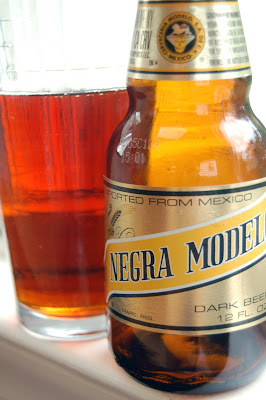Okay, only one contestant and I don't have to give up any of my birrongas (beer).
Most of this is not Mexican slang, but rather originated in El Paso, Texas in the period right before and after World War II when young Mexican American kids were struggling living in two cultures and not completely identifying with either. Mexicans called them pochos, which is "bad fruit", and the name eventually morphed into Pachucos. Long story short, they identified with not being accepted by either Anglo Americans or Mexicans and created their own culture. It included slang words that only they understood. The language of the Pachucos spread across the Southwest United States through the Pachuco subculture, into the gang subculture, and eventually throughout the Mexican American population as far away as Los Angeles and Chicago. The Pachuco culture has given way to that of the Cholos, but they share the same language.
Think of the differences in English as it is spoken in the US and England, or Australia, and you get the idea. Same language, but words take on different meanings in the usage, and some new words are created that are unique to one country.
Answers: 1. Que onda buey literally translates to something like How (are the) wave(s) young ox? In Tex Mex it is a common way to say What's up dude?
San Antonio is also known as San Quimas. El Paso = El Chuco
La Feria is money
La Placa is the police
Cuete is short for cohete or rocket and means a pistol.
One of my favorite aspects of Pachuco language is the use of rhyming, kind of like Cockney English but somewhat different, and in Spanish of course. Examples include, Al rato vato (= Later dude), or Que te pasa Calabaza?
There are plenty of people who speak proper Spanish in the U.S., and there are at least as many who speak Spanglish, but both groups, with the exception of new arrivals) will use Pachuco slang when hanging out with their friends and in other informal situations.

